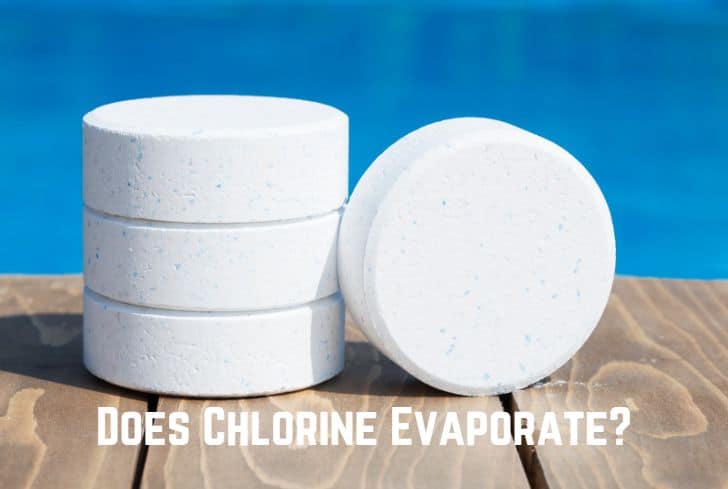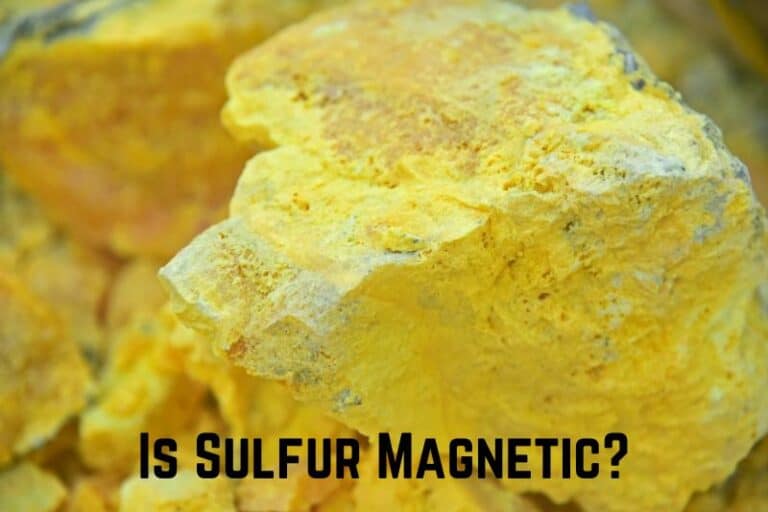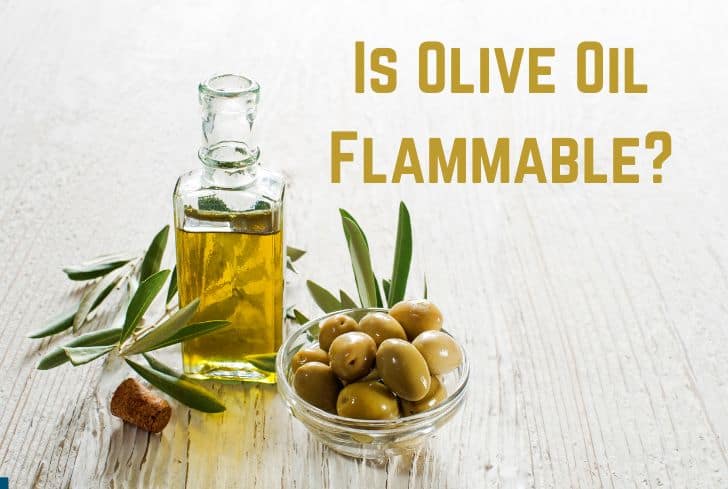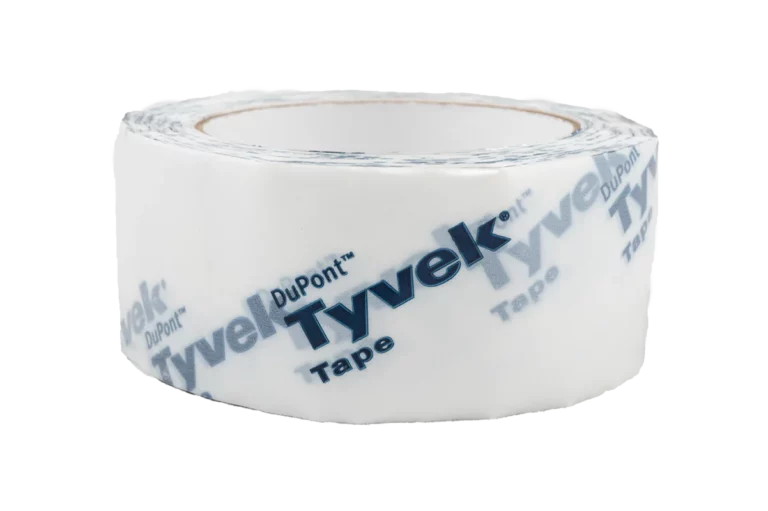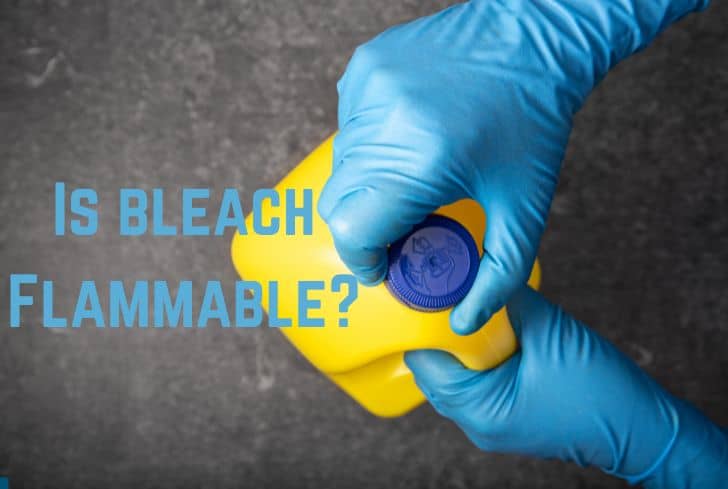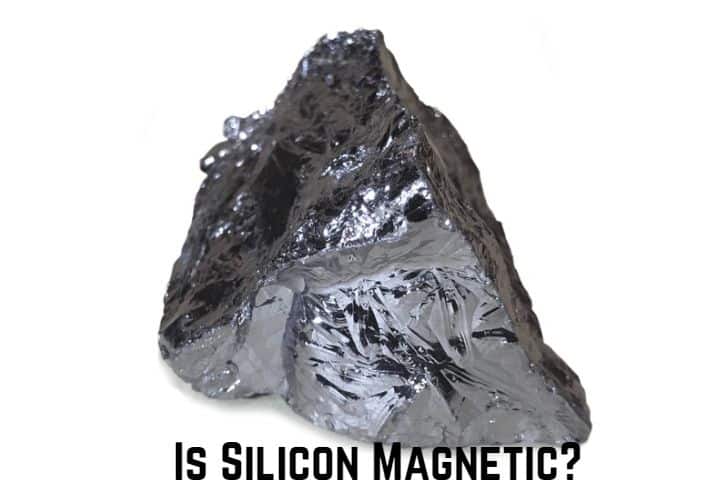Does Antifreeze/Coolant Evaporate? (Answered)
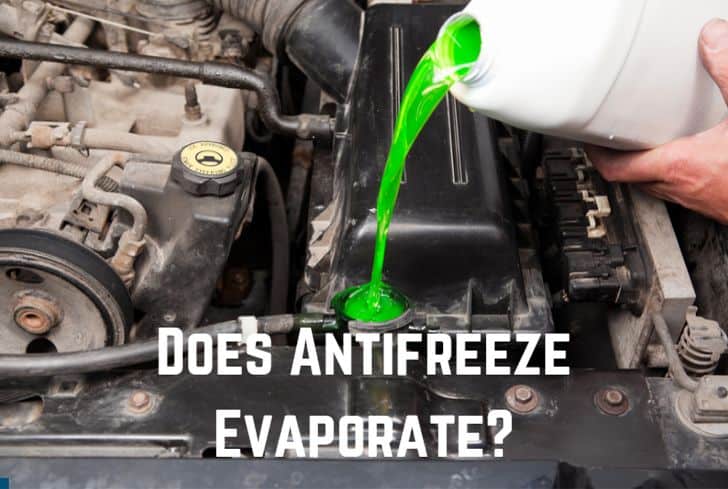
One of the things you need to pay close attention to when the colder months are starting is your car’s cooling system. Coolant or antifreeze is one of the crucial fluids to prevent unnecessary engine problems. However, you’ve noticed that your radiator’s antifreeze/coolant level has decreased. So, does coolant/antifreeze evaporate?
In this post, we provide an answer to that question and an explanation of what antifreeze is and how it works. You’ll discover how long antifreeze takes to evaporate if it evaporates when spilled on concrete or the ground, and how to clean up the spill. Finally, we offer advice on identifying antifreeze leaks.
Read: Does Brake Fluid Evaporate?
Does Antifreeze Evaporate Over Time?
No. Antifreeze doesn’t evaporate but the water does. The reason is that the antifreeze contains several chemical components (80-95% ethylene glycol) that do not evaporate. However, if antifreeze is exposed to the air, it will evaporate over a period of time. The chemical components are more likely to stick to other surfaces than they are to evaporate.
A leak in your cooling system is another cause of the antifreeze level dropping. Antifreeze should be kept in a system or container that is entirely airtight. It will begin to evaporate when exposed to air.
What Does Antifreeze Do
A type of additive known as an antifreeze with coolant reduces the freezing point while simultaneously raising the boiling point of any water-based liquid. The fluid that regulates temperature in your car is primarily the antifreeze. Engines in your vehicle produce a lot of heat, which needs to be managed.
Some precision parts composed of metal, rubber, and plastic are protected from damage via temperature regulation. The heat is controlled by moving air or a liquid around the engine block. The usage of air to cool engines is no longer practical due to pollution limits. Today, liquid-cooled engines are the most suitable choice.
Antifreeze lowers the freezing point of the water in the coolant mixture, keeping it from freezing inside the car’s radiator, hoses, and water pump. Additionally, it increases the coolant mix’s water’s boiling point, increasing its cooling capability.
Note: The terms coolant and antifreeze are frequently confused. You must mix antifreeze with water before use. A pre-mixed antifreeze and water combination is referred to as a coolant. You won’t need to add water because coolant already contains it.
What is Antifreeze Made up Of?
Antifreeze is made from water mixed with one of the following four substances: methanol, propylene glycol, ethylene glycol, and glycerol. Your choice of agent solution will depend on the purpose for which you intend to use the antifreeze. The solutions are either available as concentrates or diluted with water. The best mix is a 50%:50% ratio.
The climate will affect the agent and water mixture percentages, whether cooler or warmer. The various elements that make up your antifreeze are as follows:
- Propylene glycol: Ideal in situations where using ethylene glycol would be dangerous, like in the food sector. You need to use it more significantly, but it is less harmful than ethylene glycol.
- Methanol: It works well as a car de-icer and windscreen washer fluid. It is poisonous and highly flammable.
- Glycerol: It was the original automotive antifreeze. Glycerol, also known as glycerine, is non-toxic and can endure higher temperatures than other antifreeze combinations. It is made using both plant and animal sources.
- Ethylene glycol: It is the most often used antifreeze due to its lower freezing point. Due to its ability to transmit heat, ethylene glycol is the best antifreeze to protect against hot and cold temperatures. You should remember that ethylene glycol is dangerous to people, even if it is the best antifreeze.
- Phosphates and silicates: The two compounds help to protect against biological matter growth and corrosion. Antifreeze’s effectiveness is reduced by biological matter and corrosion, which makes damage to your car possible.
- Ph buffers: They maintain the agent’s and the water solution’s alkalinity.
- Anti-corrosive compounds: The compounds protect against the degradation of the vehicle’s cooling system’s metallic components.
How Long Does It Take for Antifreeze to Dissipate?
It will take antifreeze ten days to dissipate when exposed to air. If exposed to soil or water, it will disintegrate in a few days to a few weeks. Unfortunately, if you consume it, your body will convert it into dangerous substances. Within 1-2 days, ethylene glycol and its byproducts will leave your body through urine excretion.
Your engine will no longer be able to cool as antifreeze naturally loses effectiveness over time. When this occurs, the cooling system in your car will begin to have problems that will cost money to fix. You should change the antifreeze in your vehicle every 3-5 years, depending on how often, how far, how old it is, and the temperature outside.
It is advised to frequently check the antifreeze level in your car throughout the hot months.
Does Antifreeze Evaporate on Concrete?
Ethylene glycol will remain on the concrete after the antifreeze’s water component evaporates. The stain the glycol dye has left behind will help you readily identify the spill. Sadly, ethylene glycol and other substances do not evaporate that quickly. You will therefore be required to scrub the stain from the concrete.
You must rehydrate the antifreeze with water if it has dried into the concrete. Try and clean it as fast as possible because it harms children and pets.
Read: Does Oil Evaporate?
Does Spilt Antifreeze Evaporate?
It will depend on the ground. If antifreeze spills onto concrete, the water evaporates and leaves an oily residue. The antifreeze will absorb into the soil after spilling over the grass and damage the grass. Depending on the sort of temperature, antifreeze may or may not evaporate. The antifreeze’s water will evaporate on a hot day, causing the other components to dry out.
When it’s cold outside, the water component won’t evaporate if spilled on the ground.
How to Clean up an Antifreeze Spill?
Since antifreeze is poisonous, you should immediately wipe up any spills. But you must never touch it with your bare hands or breathe it in. Here is a quick way to clean up an antifreeze leak.
- Put on a pair of thick, large gloves that completely cover your hands and wrists. Avoid wearing open-toed shoes and put on a respirator to protect your eyes, throat, and lungs from fumes.
- Until it is completely encircled, cover the spill with a liquid absorbent. The liquid absorbent container has instructions explaining how long it should be left to rest.
- Warm water and a detergent that can create foam suds should be added to a bucket. The spill is cleaned up, and the foam suds pick up the stain left behind. Scrub until all traces of residue are gone.
- Due to its toxicity, antifreeze should not be disposed of with regular trash. Put the soapy mixture in a container and seek your neighborhood for a recycling facility or a toxic cleanup office.
- Ensure you purchase a coolant cleaner to handle future antifreeze/coolant messes.
If the antifreeze spill is fresh, you can use cat litter if you don’t have a coolant cleaner. The cat litter absorbs the liquid that the concrete previously absorbed.
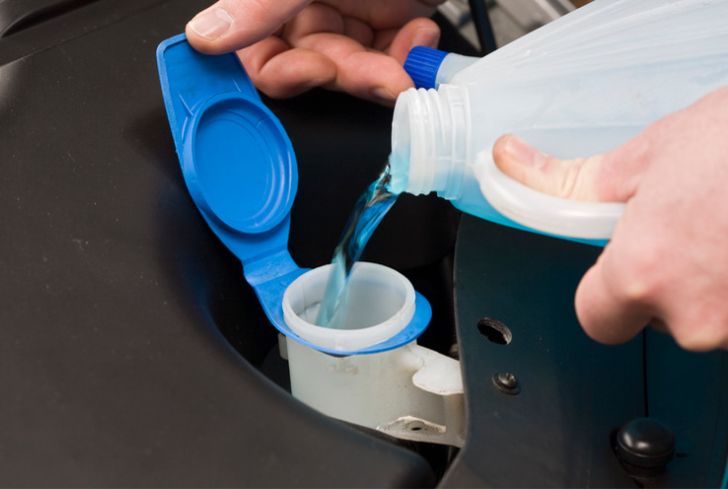
How to Tell if Your Antifreeze is Leaking?
By now, you have established that antifreeze doesn’t evaporate. The likelihood of a leak increases if the antifreeze level in your radiator drops. How, then, can you determine whether your antifreeze is leaking?
Look out for the signs highlighted below:
- When your engine freezes or overheats
You might have an antifreeze leak if your engine has started to overheat or freeze. Check the temperature gauge on the dashboard to see if your radiator is freezing.
If the temperature gauge reads low, your engine isn’t producing enough heat, which indicates the water is too cold. There wouldn’t be any antifreeze if the water froze.
The meter turns red as soon as the engine begins to overheat. Steam or smoke coming from the engine compartment will be apparent. Since the antifreeze/coolant isn’t available, stop your car and look for a solution to cool the engine.
- A colorful liquid patch under the car
Manufacturers give varying colors to make it easier to identify between different fluids running through an automobile’s system. Pink, blue-green, lime-green, and orange are the four unique colors of antifreeze.
If you see a shimmering spot underneath your car in one of the colors mentioned above, your vehicle’s antifreeze is leaking. Other places where it might be seen include the radiator cap or the tubes that link the radiator to the engine.
- The smell of a sweet scent
The antifreeze smells nice. You can tell whether your car’s antifreeze is leaking by its sweet scent. Since the antifreeze container typically has a strong seal, if you smell antifreeze in your car’s radiator, there is likely a leak.
- A decrease even after a refill
If you notice that the antifreeze doesn’t reach the necessary level as you pour it in, the antifreeze container leaks. When there is no leak, the antifreeze level in the transparent container will increase.
Read: Does Alcohol Evaporate?
Conclusion
It is important to remember that antifreeze does not usually evaporate. Accordingly, if you’ve seen the antifreeze level in your vehicle decrease rapidly, there is probably a leak. Thankfully, we have explained how to identify an antifreeze leak.

